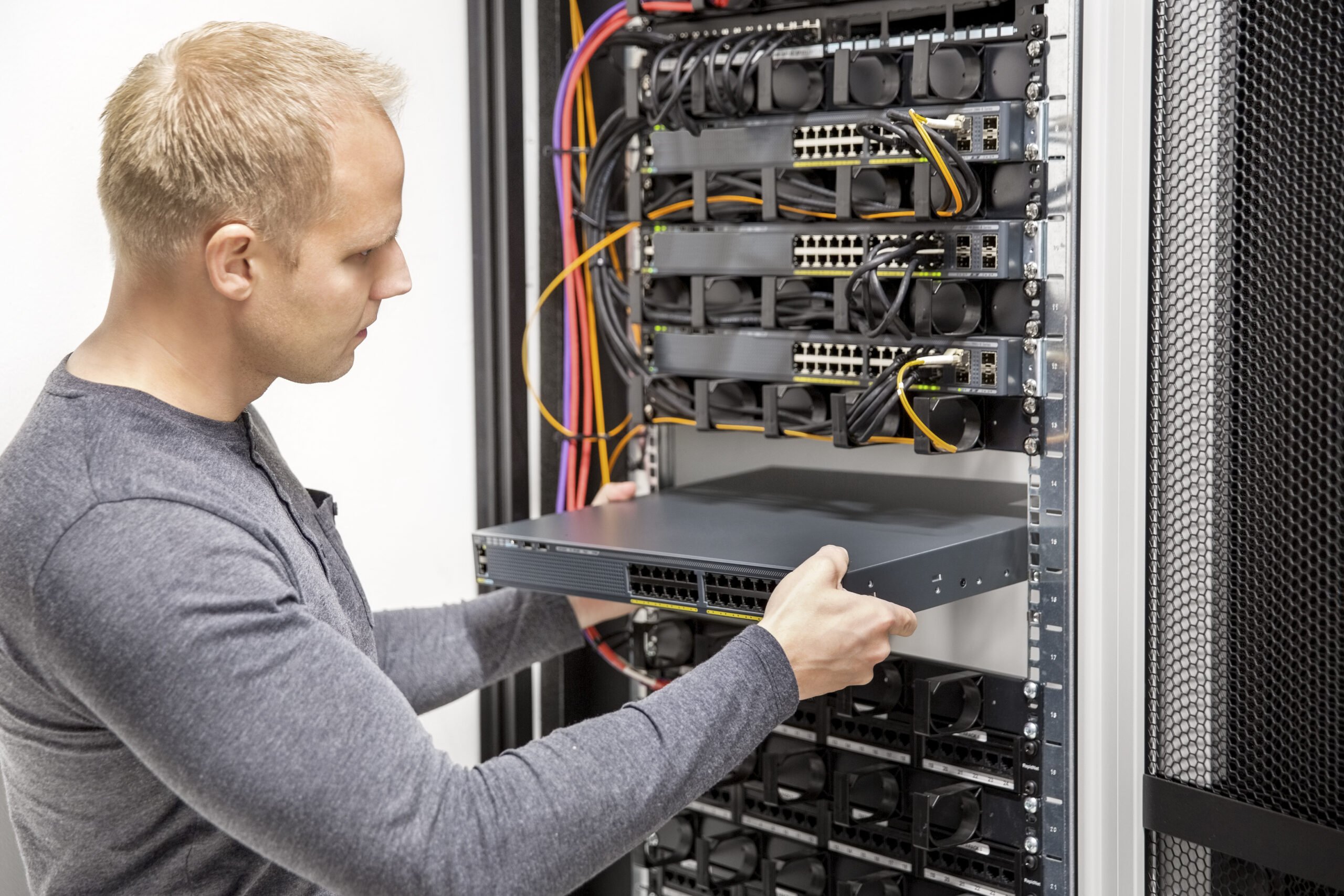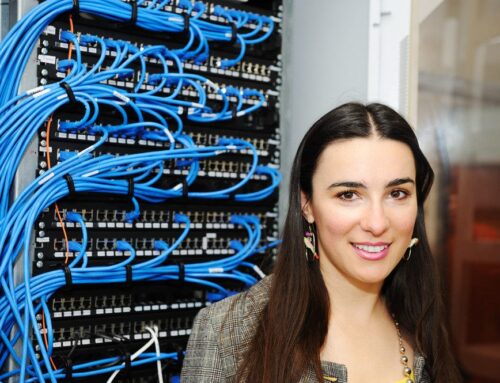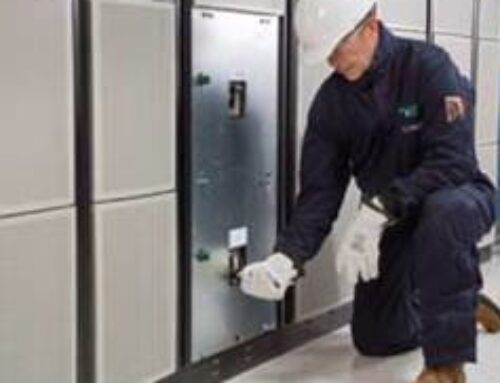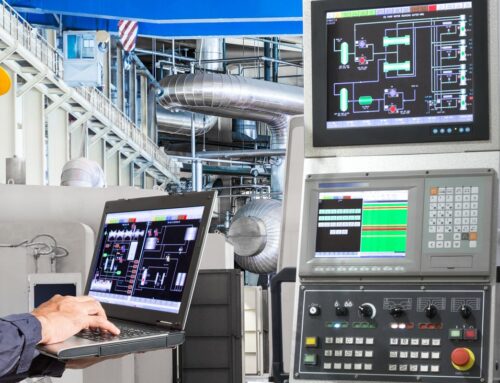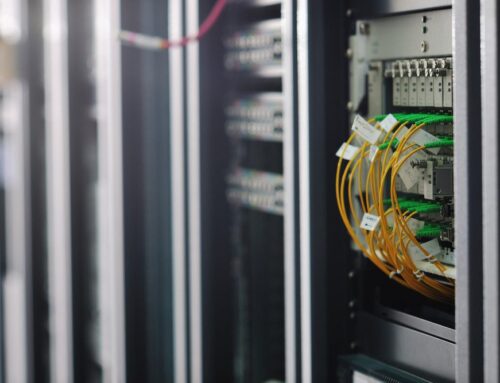Data centers are an important part of nearly every company, whether they have their own center or they use someone else’s service. Modern businesses need the rich connectivity options and reliable uptime that only a data center’s infrastructure can offer. But with countless data center services to choose from, it can be challenging to determine which ones are best for your company.
To make sure you have the best for your business, you need a data center that can provide both superior services today and updated technologies tomorrow, from data center power distribution to storage capacity. To help you, here are some things every business should know about data center infrastructure.
Data Center Redundancy
Most data centers are quick to label their systems as “fully redundant” but their actual backup capabilities are often hidden beneath muddled terminology. For most companies, it is worth making a closer examination of the specific approaches data centers use for redundancy.
As part of a top-tier data center power distribution system, a reliable facility should have thorough auditing policies in place which make sure backup batteries will spring into action in the event that power goes down. But the way in which this happens can be different, depending on whether a facility uses fault tolerance or high availability strategies.
In a fault tolerance setup, two separate systems with identical components and data will operate at the same time on two different circuits. When the main system goes down, the secondary system will immediately take over with no lag in uptime. Fault tolerance systems are expensive since they require two individual systems and separate circuits, but they offer the most reliable form of redundancy.
High availability systems use clusters of servers with failover capabilities, which restart applications the exact moment the main server crashes. High availability systems are less costly to operate and less prone to software problems but they are known for having more downtime lag than fault tolerance systems.
Uptime SLA Requirements
An investigation into any data center facility should begin with an examination of its service level agreement, or SLA. The SLA document describes the services a facility promises to deliver with a guarantee of how often its servers will be up and running. The SLA also stipulates penalties that the data center will face if it fails to comply with its uptime guarantee.
The SLA’s guarantee is expressed as a percentage indicating how much of the time the data center is guaranteed to be operational. Enterprise-level, up-to-date data centers should offer at least a 99.99% SLA uptime, and each additional “9” indicates a higher level of reliability.
The SLA will also describe specific responsibilities the data center will uphold in regards to technical support, remuneration, and transparency.
Power Density
Up to 40% of a data center’s operating costs come from the energy required to power and cool the equipment it uses. Inspecting a data center’s power density involves two things: the facility’s actual power capacity and the effectiveness of its cooling systems.
Data center power distribution is a key aspect of power density but it does not tell the whole story. The more energy a facility and its individual server racks can use, the more powerful its services should be. But using more energy generates more heat, which can cause damage to the servers and risk of fire if not handled appropriately. If the facility has unreliable or insufficient cooling systems, then its data processing capabilities will be limited, even if its equipment is technically capable of operating with high power.
Before you choose a data center to work with, make sure its servers can accommodate high power densities and that its cooling systems are powerful enough to let the servers reach their full power potential. You want to be sure the facility can make efficient use of its available power, without risking damage, downtime, or fire.
These are just a few things you should keep in mind as you research your options, from data center power distribution units to prefabricated modules. To answer even more of your questions and ensure you get the services you need, contact LDP for mission critical support solutions today.

